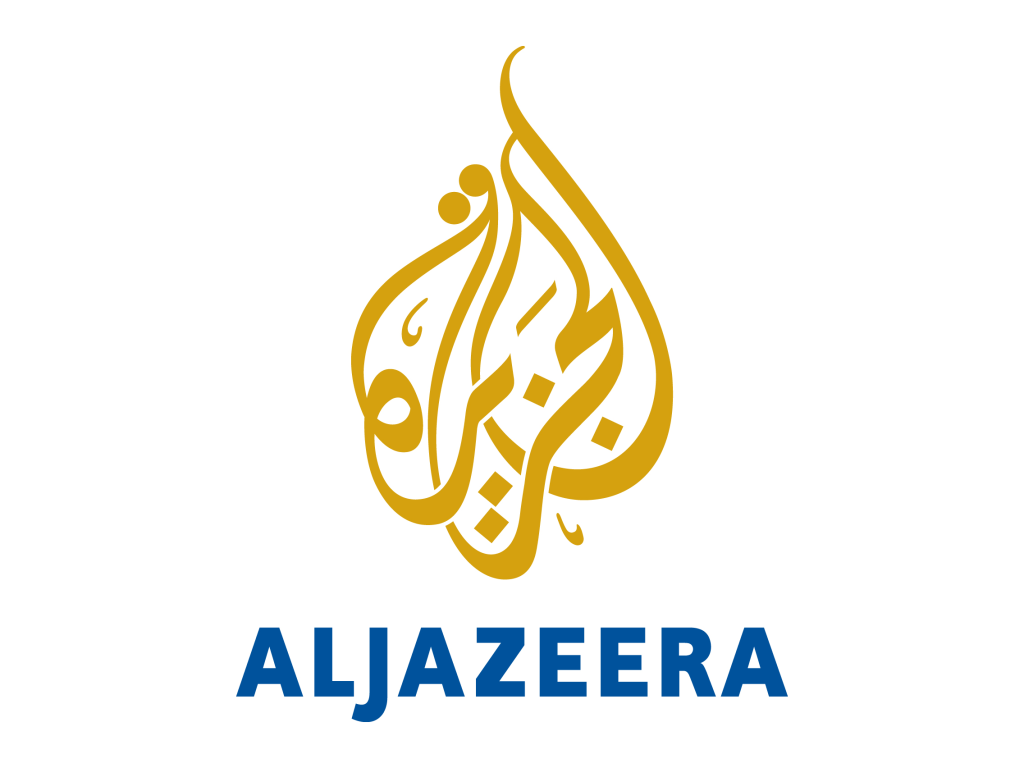ARTICLE AD
EXPLAINER
Spain and Ireland are discussing a collective plan to recognise Palestine as a state amid Israel’s war on Gaza.
The premiers of Spain and Ireland are set to meet on Friday to discuss a collective plan to recognise Palestinian statehood.
This meeting comes as the death toll of Israel’s war in Gaza has surpassed 33,000.
The mounting deaths, starvation and infrastructure in the besieged enclave have resulted in growing international criticism of Israel. Within Europe, the concerns over Israel’s war on Gaza have also led to shifting positions — including more nations considering the possibility of recognising the Palestinian state.
Here’s where things stand — and how they’re changing.
What are Ireland and Spain saying about Palestinian statehood?
Spanish Prime Minister Pedro Sanchez will meet Ireland’s newly appointed leader Simon Harris in Dublin on Friday. Both Spain and Ireland have in recent weeks confirmed that they will recognise a Palestinian state.
This is the first of many meetings Sanchez intends to have over the next week to garner support for the recognition of Palestine.
Sanchez plans to also meet with the prime ministers of Norway, Ireland, Portugal, Slovenia and Belgium, government spokeswoman Pilar Alegria told reporters.
“We want to stop the humanitarian disaster in Gaza and help kickstart a political peace process leading to the realisation of the two-state solution as early as possible,” Alegria said.
Over the course of the war that started on October 7, Ireland and Spain have emerged as the biggest supporters of Palestine in the European Union (EU).
Are others in Europe shifting positions on Palestinian statehood?
At a summit on March 22, the leaders of Ireland and Spain were also joined by their counterparts from Slovenia and Malta in committing to the recognition of a Palestinian state.
Currently, only eight of the 27 EU members recognise Palestine as a state: Poland, Bulgaria, Romania, Hungary, Czechia, Slovakia, Sweden and Cyprus.
If Ireland, Spain, Slovenia and Malta join them, the number of EU members that recognise the Palestinian state will go up to 12.
However, the EU as a body does not recognise Palestine as a state — despite multiple diplomatic efforts over the years from within the bloc to do so. Some of the EU’s most powerful and influential nations, including Germany and France, hold the position that Palestinian statehood should only be recognised as part of a two-state solution with Israel.
Is Europe’s position on the war changing more broadly?
Israel has also received criticism from other European countries over the course of the war. On November 10, Belgian Prime Minister Alexander De Croo deemed Israel’s campaign in Gaza disproportionate.
“If you bomb an entire refugee camp with the intention of eliminating a terrorist, I don’t think it’s proportionate,” he said, but insisted that “Belgium will not take sides”.
A few days after that, Belgium’s deputy prime minister made a rare European call for sanctions against Israel. And later in November, the prime ministers of Belgium and Spain held a joint news conference in Rafah, on the Egyptian side of the border with Gaza, criticising Israel’s war.
When Israel accused the United Nations agency for Palestinian refugees (UNRWA) of having links to the Hamas attack on southern Israel on October 7, several countries cut funding to UNRWA. However, European countries including Romania, Norway, Switzerland and Sweden continued to support the UN agency.
“We think that cutting the funding is the wrong reply because that smells to me of collective punishment,” Norway’s Minister of Foreign Affairs Espen Barth Eide told Al Jazeera.
Where does the rest of the world stand on Palestine now?
Israel’s biggest ally, the United States, has also recently warned Israel against its planned ground operation on Rafah. It also did not veto the last UN resolution that called for a ceasefire during Ramadan. However, the US continues to supply military aid to Israel.
Other countries have also stepped up in support of Palestine. While the South African genocide case against Israel is under process at the International Court of Justice (ICJ), Nicaragua has also presented a case before the ICJ on Monday calling for Germany to stop supplying arms to Israel.
In all, 139 out of 193 United Nations member states recognise Palestine as a state.
Source
:
Al Jazeera and news agencies

 8 months ago
53
8 months ago
53 
